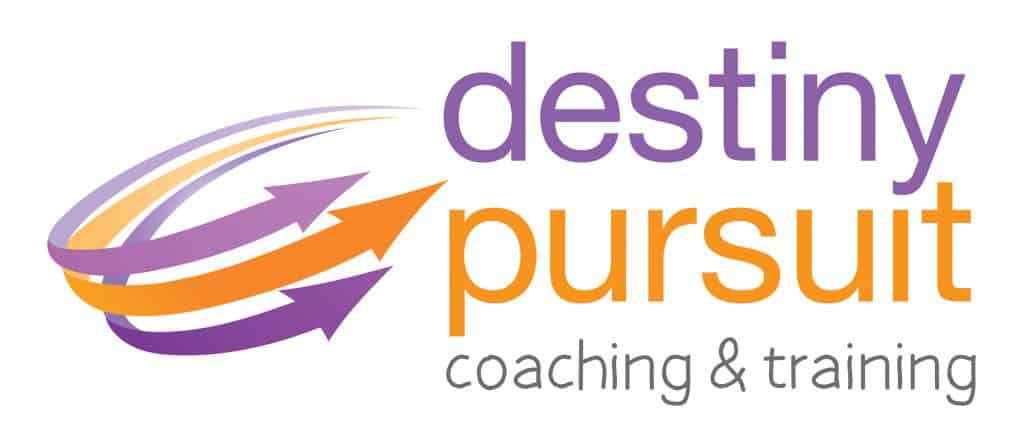Significance and Connection - NLP Matters, Episode #007

Meeting our basic six core human needs can either result in us indulging in eternal loops of behavior that don't deliver the results we want or can produce effective behaviors and strategies that propel us towards our goals and dreams.
In this episode, let’s continue to explore the Six Core Human Needs, and this time considering the core needs of significance and connection.
Listen to the podcast to learn more.
Listen to the Podcast
Here are some key takeaways from this episode:
- The Six Core Human Needs are essential needs that must be met. They are not merely wishes or nice to haves. The only choice we get is whether we meet them in resourceful ways that service well or in unresourceful ways.
- Meeting the need for significance means being noticed. It’s all about gaining a sense of importance.
- We all have a need for significance, and it’s important for us to acknowledge this need. It is in our failure to recognise and resourcefully meet this need that we end up developing some very dysfunctional behaviors.
- It is through the need for significance that we come to know that we really do matter, that we have value and can also add value.
- The Six Core Needs are all linked. Feeling connected and love also adds to our feelings of significance and certainty.
- Knowing we are significant enables us to set personal boundaries and choose who and how we form deeper connections and relationships with others.
- We are driven to belong. The need for connection is basic to us all.
- The needs for significant and love or connection become paramount in times of stress and high uncertainty.
- The more we gain an understanding of these needs, their interdependence and impact on human behavior, the more choice we have about our own reactions and the more capacity we have to respond to others based on their needs, not just on their behavior.
- Feeling love and connection with ourselves first enables us to give both significance and love to others.
- Choosing a proficient service or profession can be a very resourceful way to meet our need for significance and allows us to become a giver of significance to others.
- The need for significance can also be met in unresourceful ways such as when we are constantly seeking external input to feel like we matter. When that external validation is not there, we lose our sense of worth because we are dependent on others to feed our need.
- Some people meet the need for significance by putting others down and making them feel small. People using this kind of strategy are significance takers. They gain their sense of self worth by making sure everyone knows how hopeless or pathetic those around them are. They focus and highlight everyone's frailties and faults whilst ignoring or downplaying their own.
- There are many ways we can meet our need for love and connection resourcefully from doing things like using meditational exercise to connect to ourselves, playing a team sport to connect to others or spending time with our family, or taking walks by the beach to connect to the environment.
- The need for love or connection can also be met unresourcefully. Taking up habits and addictions that damage our body, and being overly aggressive or constantly arguing and being violent towards others, are all examples of meeting this need unresourcefully.
- The need for significance is not a bad thing. It is neither good nor bad. We all need to be seen and belong. It is a need that must be met.
- Recognising how the need for significance plays out in families with friends and in the workplace can give you powerful insights into what is motivating people and their behavior.
- Choosing to meet our need for significance resourcefully by being a giver of significance allows us to simultaneously meet our need for love and connection.
- Our quality of life depends on our capacity to consistently meet the six basic core human needs that form the major driving force behind human behavior.
- Choosing unresourceful strategies to meet one need will have a flow on impact to your other needs. You can make resourceful choices instead and be confident in the knowledge that these two will flow through and build the momentum of success and deep satisfaction as you continue to build the life of your dreams.
In the next episode, we'll focus on the two higher-order needs of growth and contribution, and continue to discover how we can resourcefully meet our needs whilst we achieve the outcomes we want to have in our life.
Listen to the Podcast
Joanne Clark
Joanne Clark is an Internationally accredited Master Trainer of NLP who has been delivering NLP training since 2011. Being on her feet in front of training rooms is where Jo loves to be and her passion for inclusive and immersive training that delivers outstanding learning outcomes is apparent to everyone in her training rooms. On average Jo delivers 140 days of training per year in addition to online webinars, guest speaker events and group coaching.
“NLP is at the core of all my training and coaching, it is at the core of who I am, how I interact and connect with people. I am absolutely passionate about spreading the NLP tools across the planet as I endeavour to support Robert Dilts’s vision of Creating a world to which people want to belong.” Joanne Clark
Certified Master Trainer of NLP; Master Practitioner NLP, Hypnotherapy & Matrix Therapies; Performance Coach; Cert IV Coaching; Advanced Practitioner in Coaching; Cert IV in Business; BA(Hons); Majors in Sociology and Psychology; Parent Education Leadership Training (PELT) Certificate; Mother of four children; Private Pilot (PPL); Diploma in Life Coaching


0 comments
Leave a comment
Please log in or register to post a comment